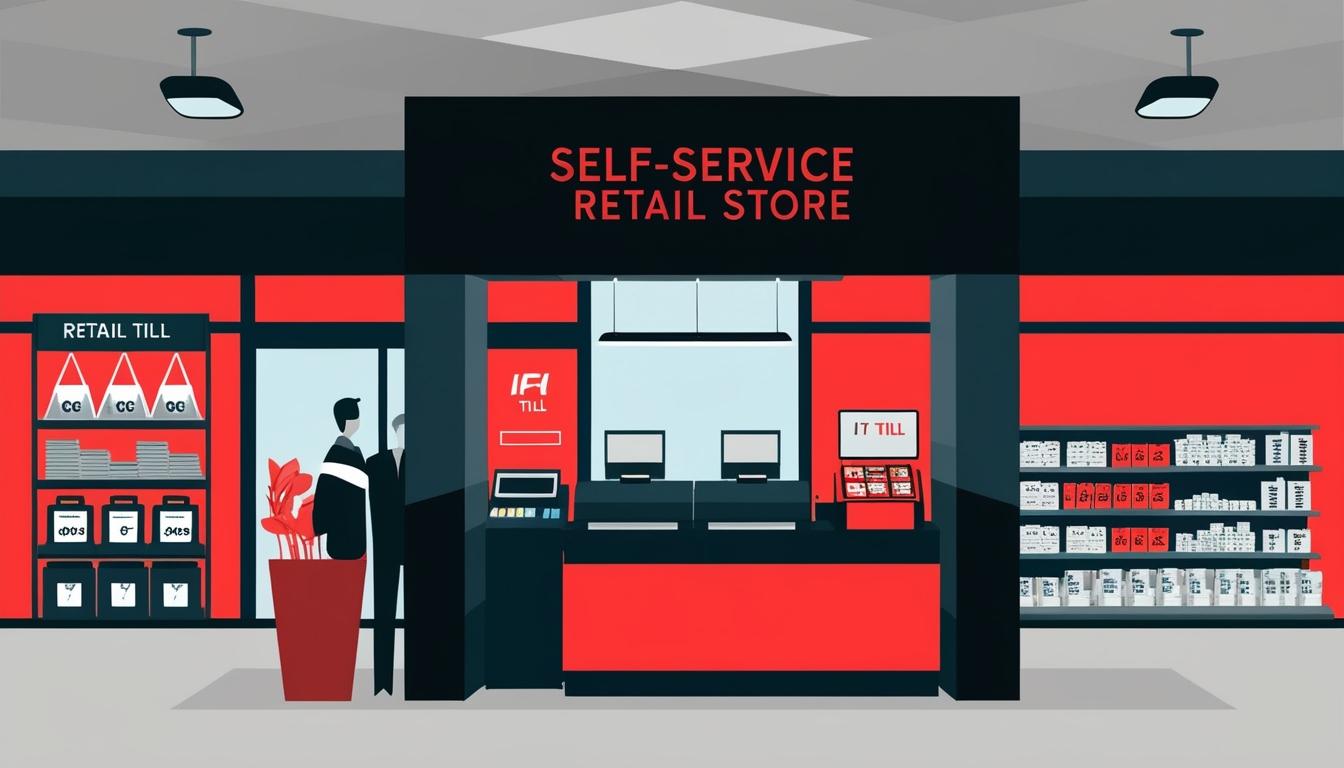Next, a prominent UK retailer, is set to trial self-service tills in selected stores beginning in February and March this year. This initiative follows warnings from Chief Executive Lord Simon Wolfson regarding a £67 million increase in wage costs due to recent governmental budget adjustments. Speaking to Retail Gazette, Lord Wolfson noted that the rollout of these self-service machines could include functionalities such as allowing customers to scan and return unwanted products, ultimately enhancing convenience by enabling returns to secure lockers instead of traditional tills.
The decision to implement self-service tills is rooted in Next's strategy to adapt to financial pressures such as the impending rise in employer National Insurance contributions from 13.8% to 15%, and a decrease in the earnings threshold, which will shift from £9,100 to £5,000. Concurrently, the minimum wage is set to increase by 6.7%, leading to new hourly rates: for those aged 21 and over, the rate will rise from £11.44 to £12.21; ages 18 to 20 will experience an increase from £8.60 to £10; while individuals under 18 and apprentices will see their hourly wage rise from £6.40 to £7.55.
In light of these financial adjustments, Next announced the need to implement a 1% price increase on its products, which is expected to alleviate approximately £13 million of the additional wage expenses. While the retailer has clarified that it will not be pursuing mass redundancies, Lord Wolfson explained the approach to managing employment levels: as natural staff turnover occurs, the company will opt to bring on fewer new hires as it introduces operational efficiencies.
Despite these challenges, Next has reported a 5.7% increase in underlying full-price sales for the fourth quarter and has once again raised its pre-tax profit outlook to £1.010 billion, representing a 10% increase from previous forecasts. However, expectations for the financial year ending January 2026 indicate a slowdown in sales growth to around 3.5%, with a more modest group profit rise of 3.6% to £1.05 billion. The company stated, “We believe that UK growth is likely to slow, as employer tax increases, and their potential impact on prices and employment, begin to filter through into the economy.” As a result, Next has adjusted its expectations in response to the evolving economic landscape and operational demands.
Source: Noah Wire Services
